The Role of AI in Space Exploration
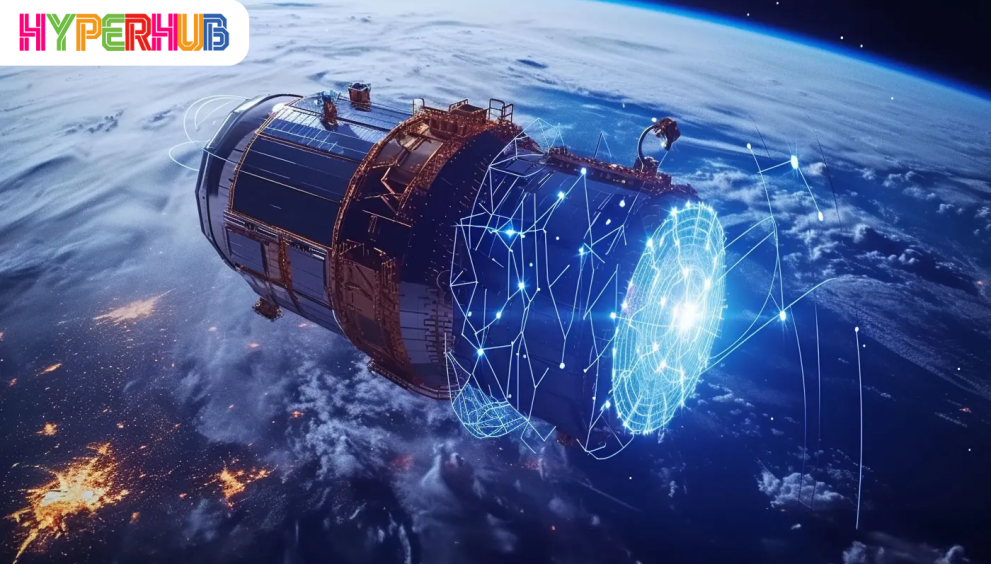
Introduction
Thoroughly contested and hailed by may as something that has changed every aspect of their lives, artificial intelligence (AI) technologies only revolutionized industries and left out none in that list. Even in space exploration, AI is proving its worth; from autonomous rovers on Mars to AI telescopes gazing beyond, AI has enabled us to see the unknown in the universe. Space has always been a frontier and now, with the advancements in technology, the ever-increasing use of AI technology has continued to serve against its missions in saving lives and efficiencynes, besides becoming a platform for other scientific discoveries.

1. AI-enhanced autonomous spacecraft
The main challenge for deep space missions is the vast distances involved that separate Earth from other planets. Communication delays thereby necessitate a degree of independence from spacecraft, which stands to benefit from an AI framework that will allow autonomous navigation and decision-making activities as spacecraft adjust to unforeseen challenges without waiting for human intervention.
Instances of AI in Spacecraft:
- Perseverance Rover by NASA: AI helps it navigate the Martian surface and select interesting rock samples for study.
- Mars Express by ESA: AI puts to use the creation of surface maps of Mars and detection of anomalies.
- OSIRIS-REx: NASA’s OSIRIS-REx spacecraft identified and collected samples from asteroid Bennu by means of AI and autonomously selected the safest collection sites.
2. AI in satellite data analysis
On satellite Earth observations can churn millions of data every day. This enormous amount of data is now being processed and analyzed by AI almost instantaneously, leading to enhanced knowledge concerning space and the environment from the Earth’s perspective.
Key Applications:
- Climate Monitoring: AI uses satellite-derived data to analyze, understand, and mitigate climate change, natural disasters, and deforestation.
- Earth Observation: AI does spot illegal fishing, forest fires, and urban development trends in real-time.
- Space Weather Prediction: AI models solar storms impacting satellites and electric grids.
3. AI-Pact Fiell Astronomy Assist Imagery
AI offers new ways for astronomers to study celestial bodies newly observed by them and analyze their cosmic signatures.
Prominent Examples:
- Discovery of Exoplanets: AI has enabled scientists to discover newly identified exoplanets simply by zephyring out their light fluctuations in distant star systems.
- Galaxy Classification: AI Neural Network-Based Galaxy Classification: An AI-based method for broad categorization of galaxies using images from telescopes.
- Black Hole Detection: Increased detection and contribution to the study of black holes through analysis of large astronomical volumes with AIs.
AI-Driven Space Robotics
AI plays a thrilling role in robotics for very critical and high-valued tasks in a space mission, especially when it is extremely dangerous or complex to do it by human beings.
Space Robots Employing Ai
- Robonaut 2 (NASA): A humanoid robot powered by AI is designed to be used by learning astronauts operating in the space station of International Space Station (ISS).
- Astrobee (NASA): A free-floating AI-powered robot that assists astronauts by doing routine tasks on the ISS.
- AI-equipped lunar rovers: AI-equipped strategic previews to humans who will send their missions in time will explore and map the Moon’s surface.
5. Artificial Intelligence in Deep Space Transmission
As far missions drift into deep space, AI takes communication signal processing and transmission to another level.
What AI does:
- Noise reduction and enhancement algorithms to ameliorate weak signals from deep-space probes.
- Predictive models on transmission delay can prevent data loss.
- AI automates management in deep-space node networks resulting in bandwidth optimization.
6. AI in Human Spaceflight and Health Monitoring
Astronauts will now be assisted by artificial intelligence from monitoring health to analyzing medical data to even psychosocial support.
Role of AI in Astronaut’s Well-Being:
- Health Diagnostics: AI might identify health problems before they actually become significant.
- Mental Health Assistance: AI-enabled virtual assistants give the astronauts mental support during their long journeys into space.
- Personalized Work-out Programs: AI customizes exercise regimens according to the need of the astronauts in keeping them fit.
7. AI and Future Mars Colonization
AI technologies will be essential for survival and resource management within a human-settled colony on Mars.
AI Contributions to Mars Colonization:
- Autonomous Construction of Habitats: Before the arrival of humans, AI methods will take help from robots to build shelters on Mars.
- Resource Utilization: AI will optimize the usage of water, oxygen, and food reserves.
- Agriculture with Assistance of AI: AI will help in developing sustainable agricultural practices for Martian settlers.
8. Challenges and Ethical Considerations of AI in Space
Even if they can do extraordinary things, AI can also constitute some challenges and provoke some ethical questions.
Potential Risks:
- Concerns regarding Reliability: The AI systems in space must be foolproof; otherwise, its failure will mean a failure of the mission.
- Autonomy Concerns: How much decision-making should remain upon AI during the critical mission?
- Data Privacy: Protecting and managing the space-generated data is important.
Final Thoughts: The Future of AI in Space Exploration
AI is already making some changes in space exploration, but it is only set to grow from here. With all the potential for autonomous spacecraft, AI-assisted astronaut health monitoring, the prospects of AI in space look incredibly good. As AI technology continues to progress, one must hope for even bigger discoveries that will throw some light on the universe’s mysteries.
Space exploration is embarking upon a brand new era whereby artificial intelligence and human ingenuity would push the bounds of possibility. Who knows? The next giant leap for mankind may even be popularly recognized as “powered by AI.”

 English
English 










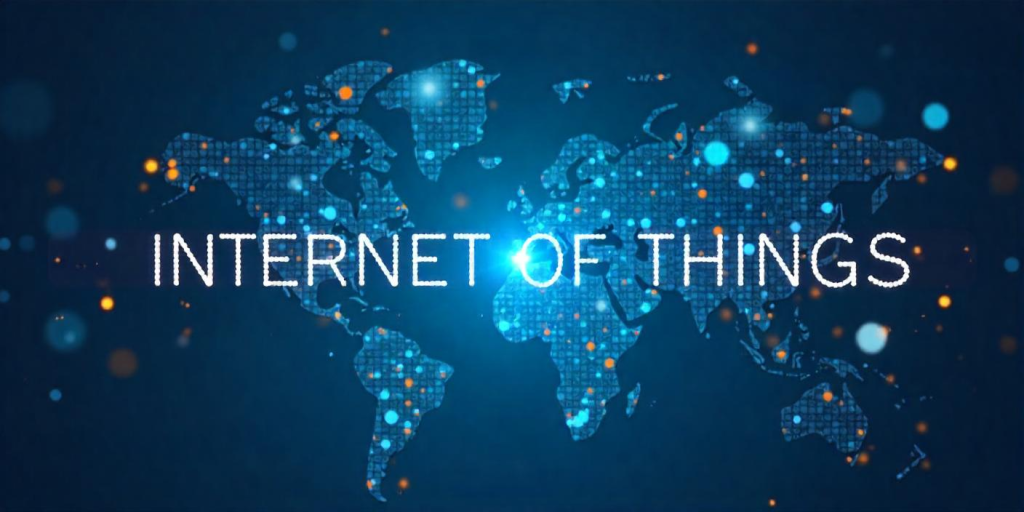
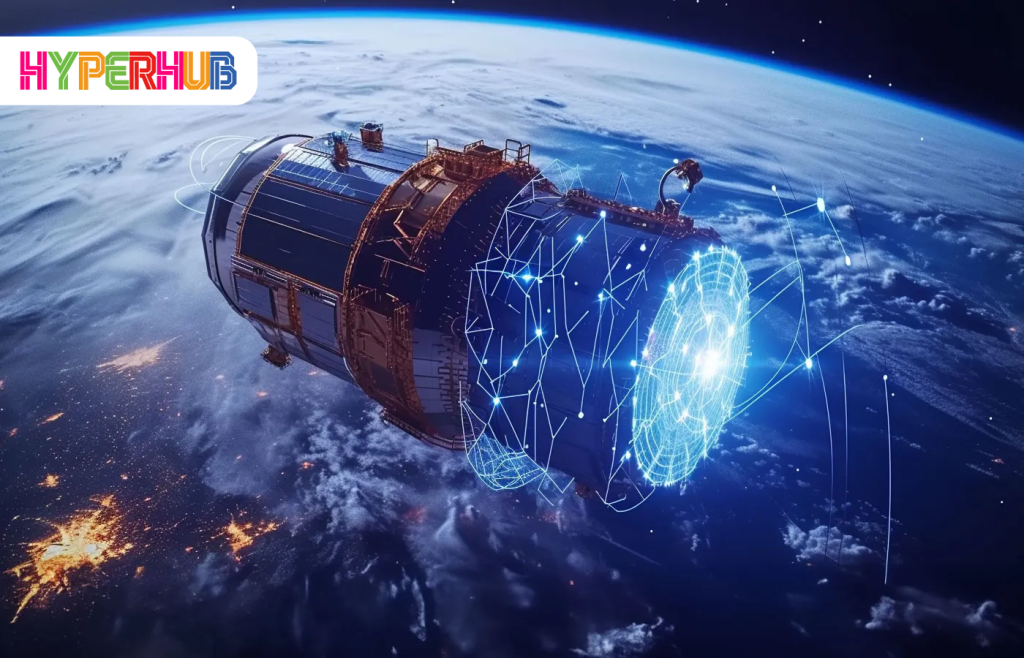


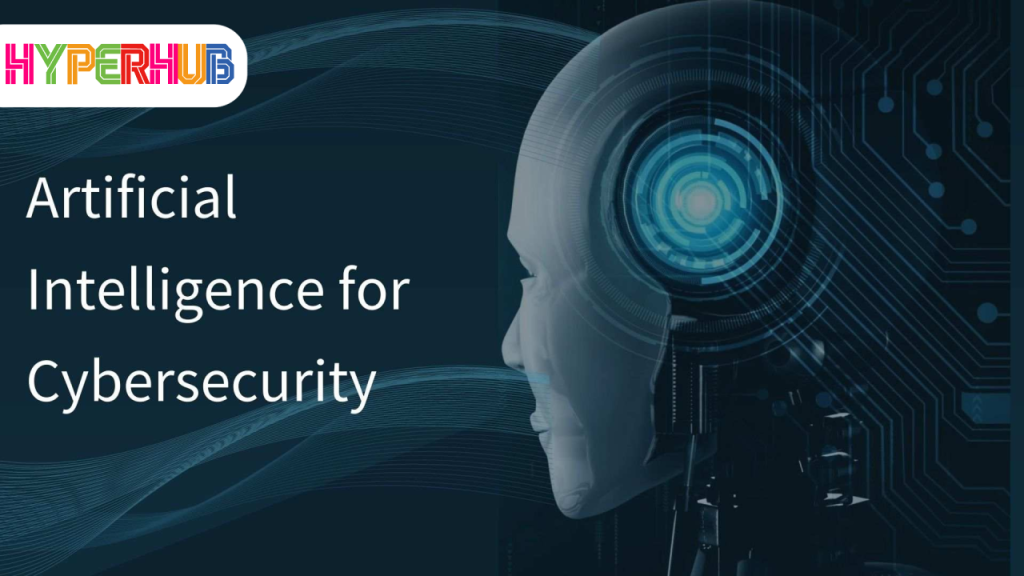
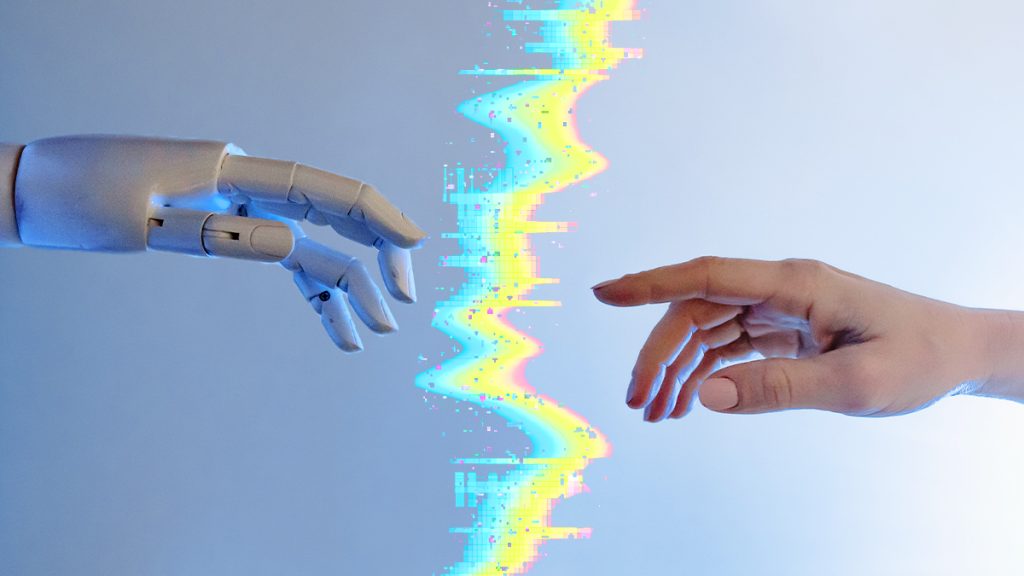









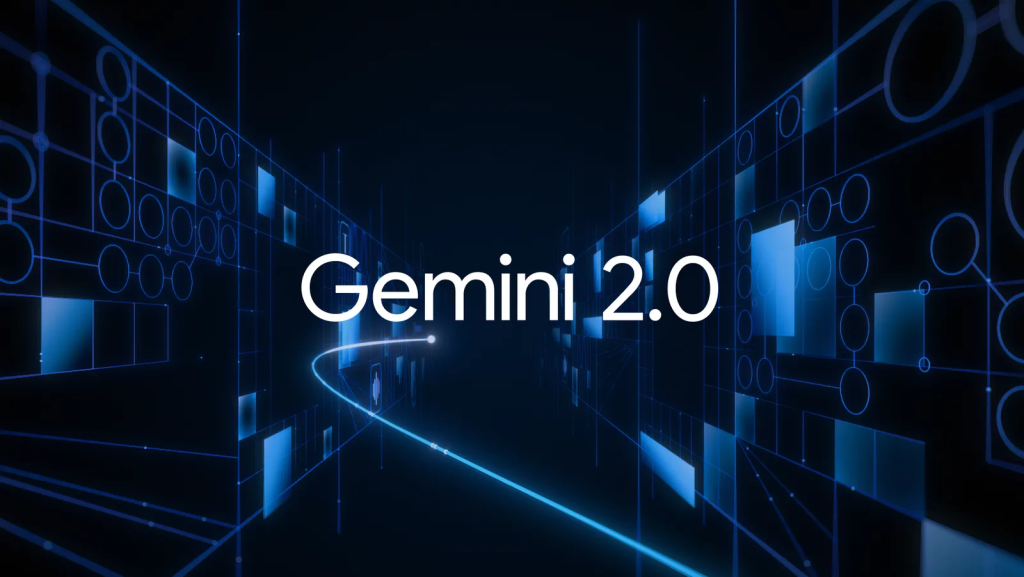
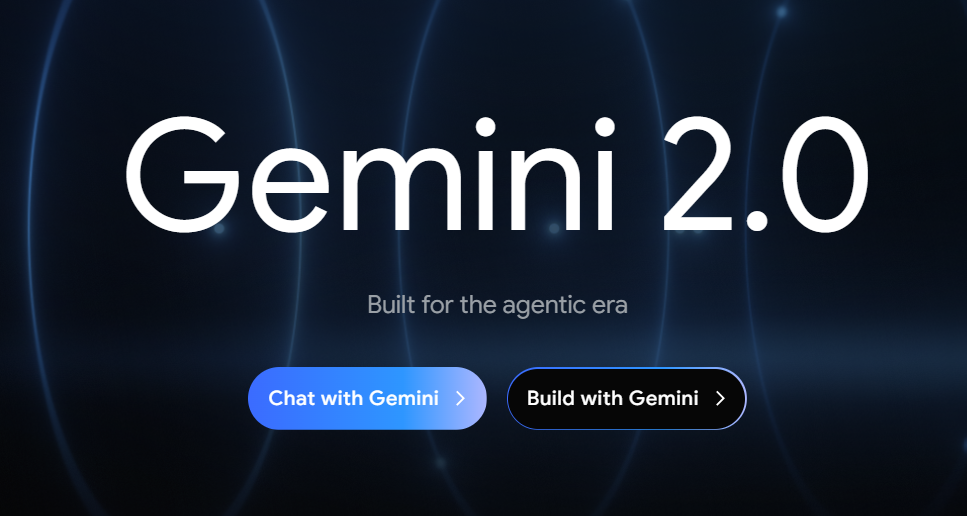
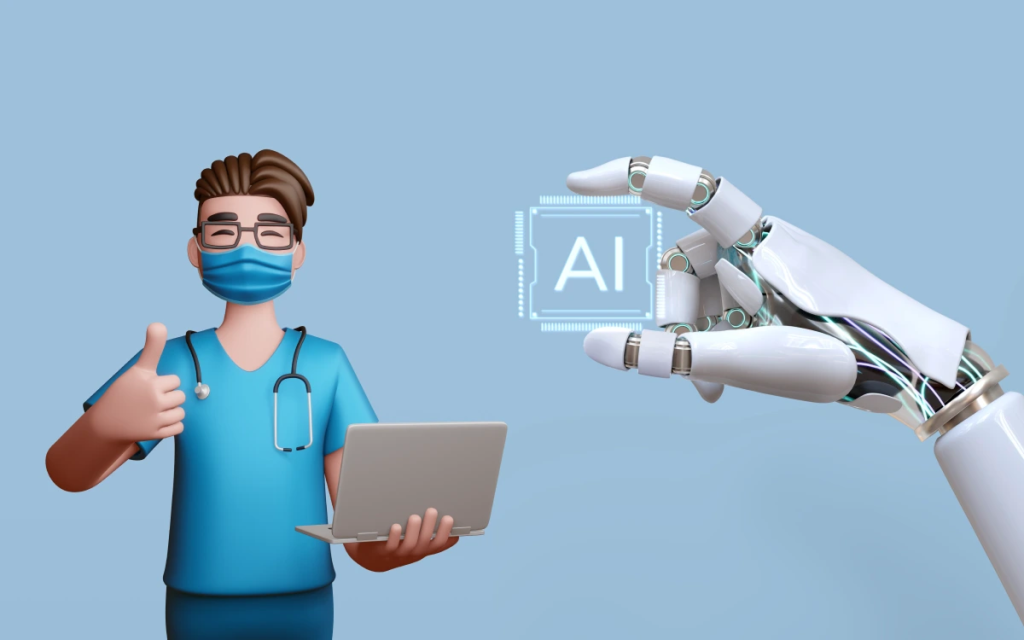










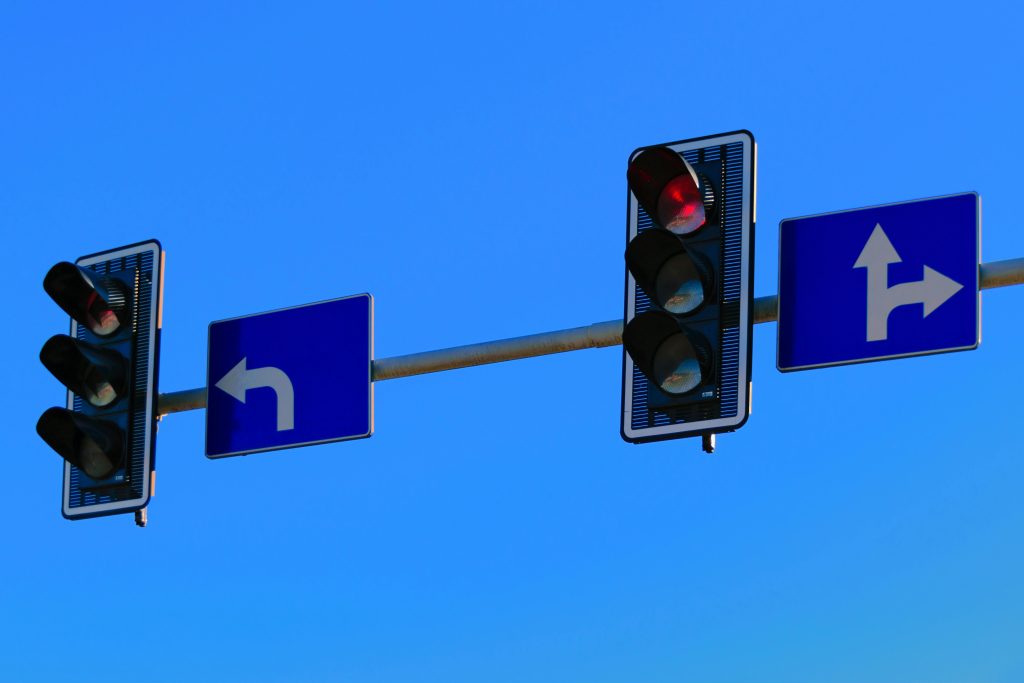
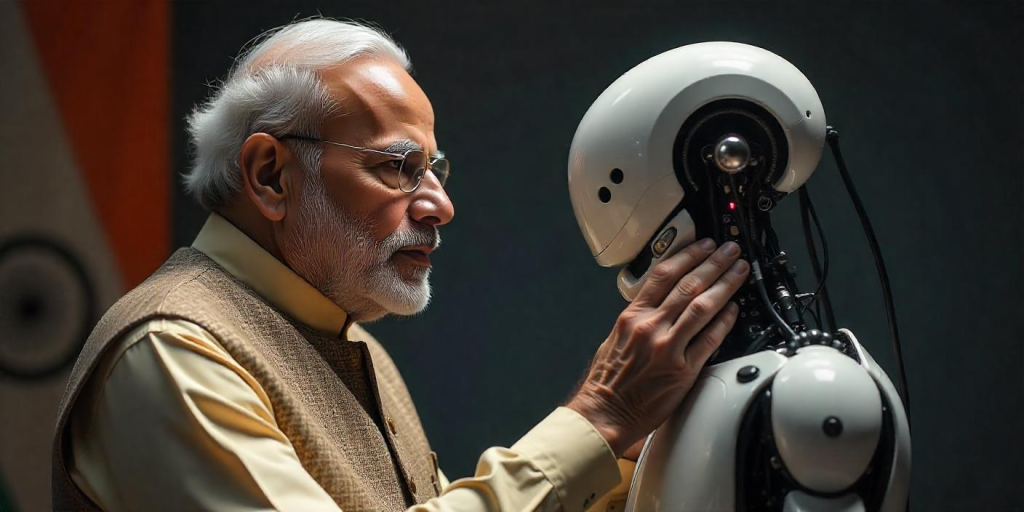
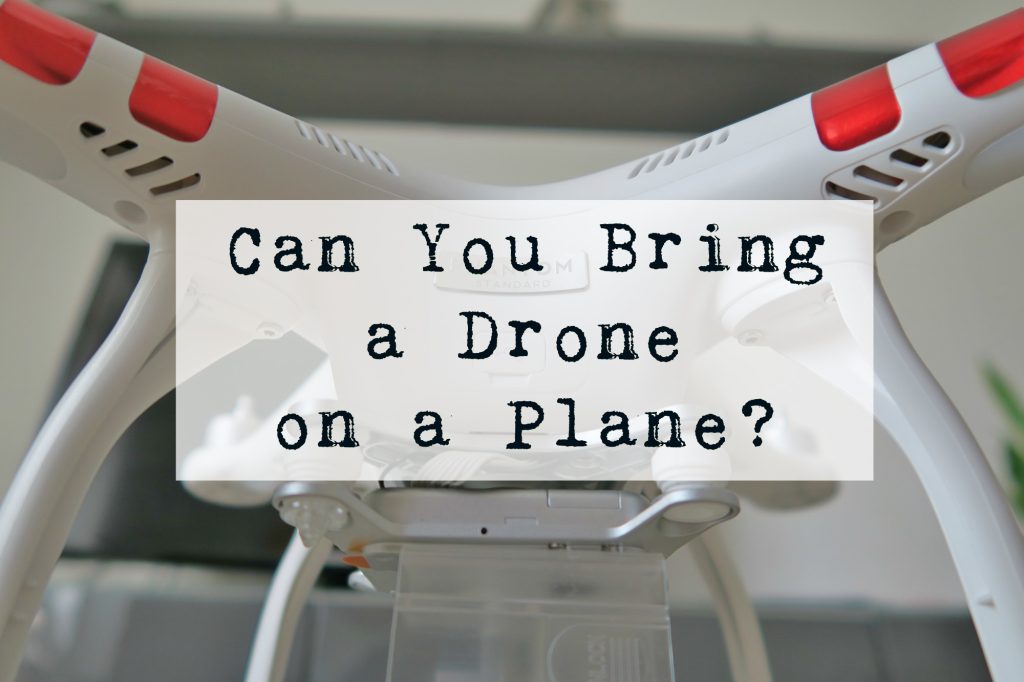



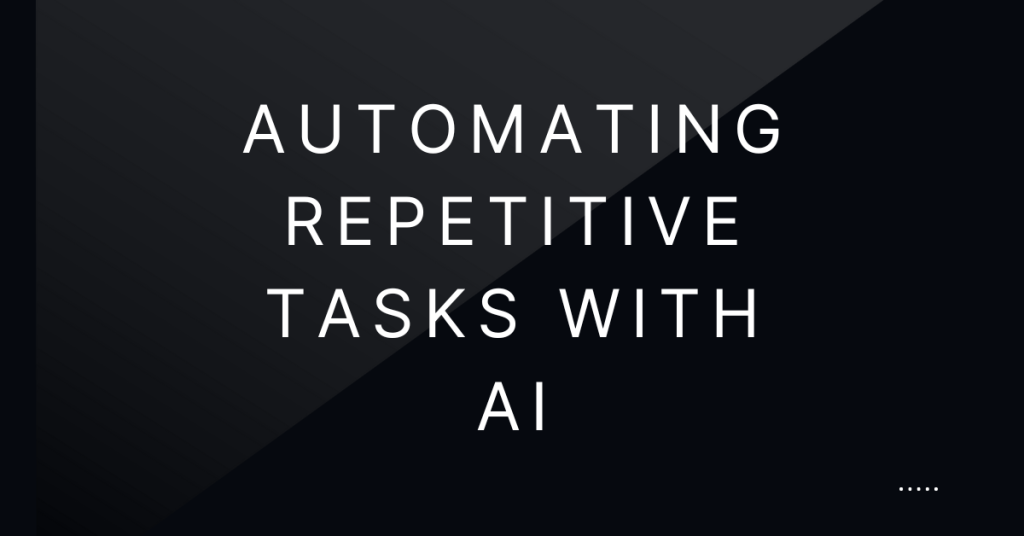




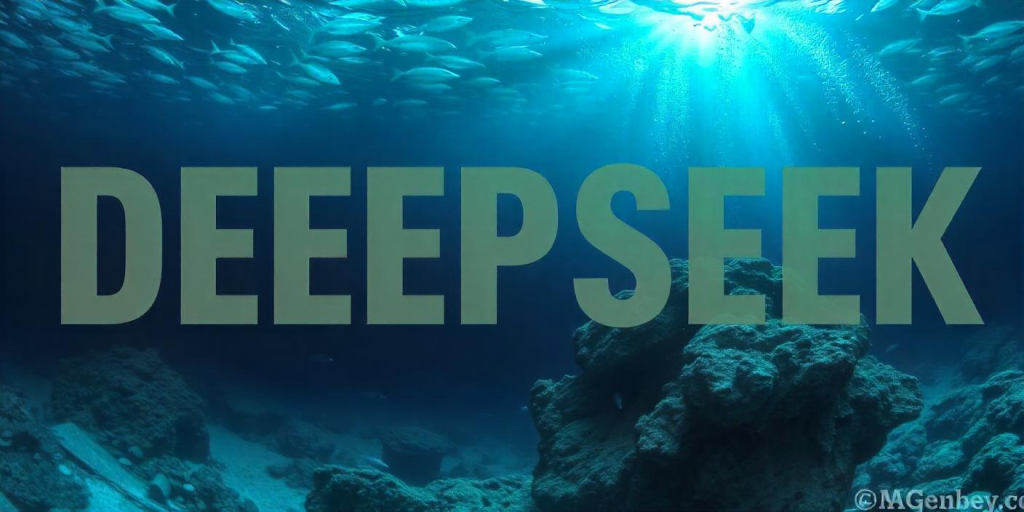

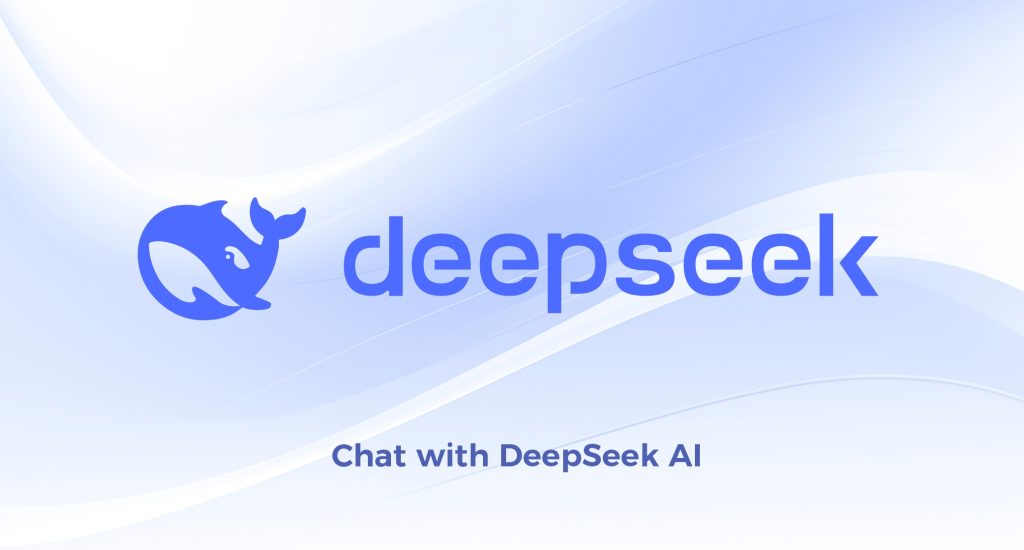












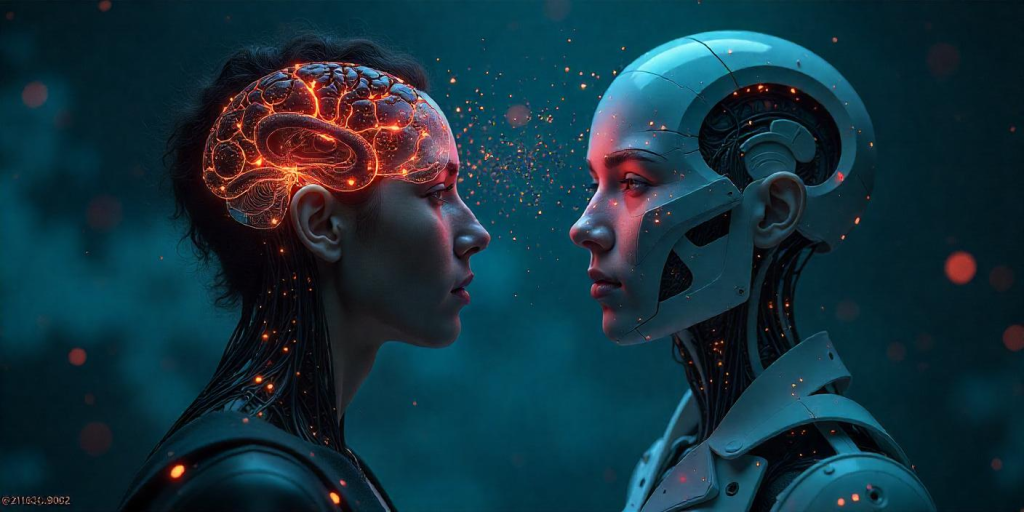

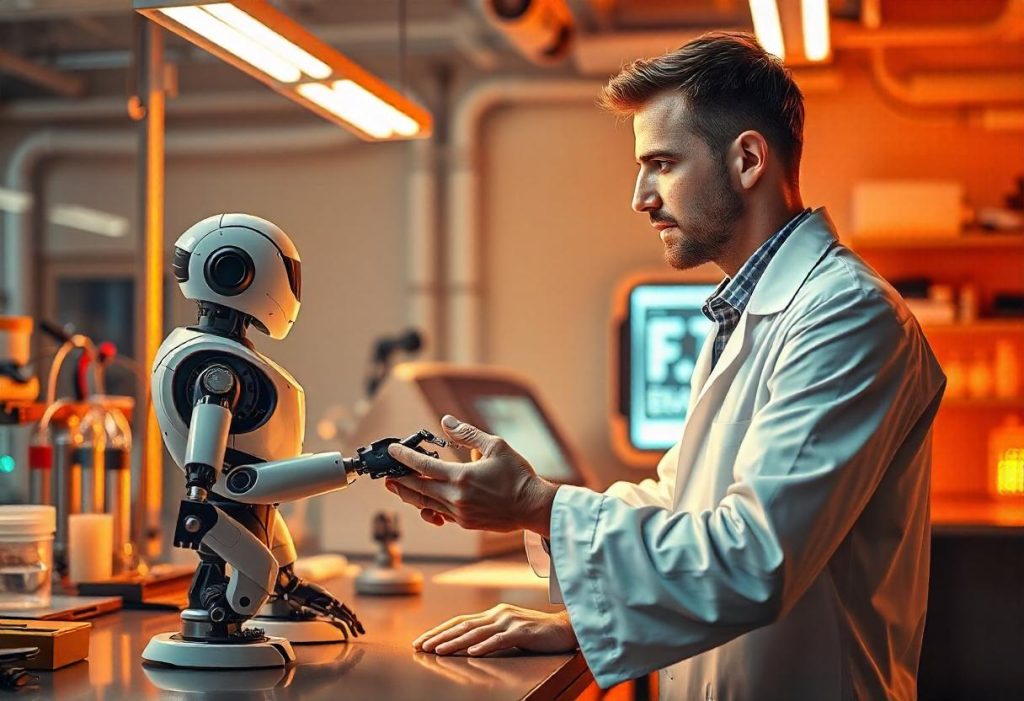





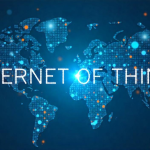
What is mean by Internet of Things (IOT) ? How AI Work On IOT - Hyperhub
11th Mar 2025[…] Applications of AI in IoT […]